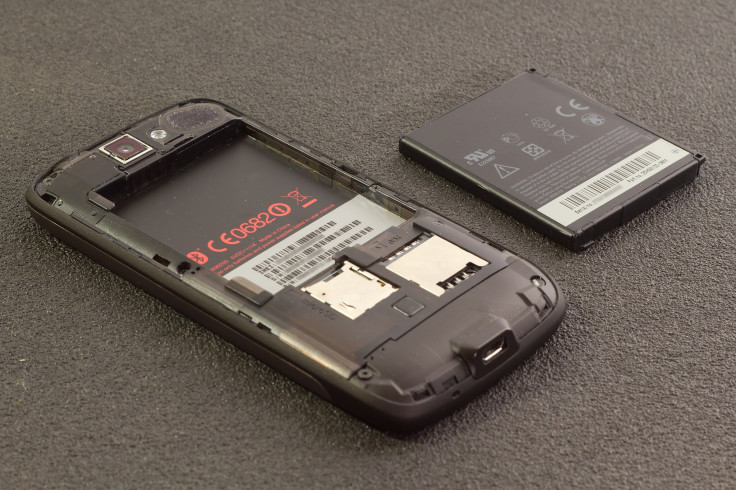EU could make replaceable batteries compulsory for smartphones, tablets
The EU has approved new laws which require consumer appliances like smartphones to use replaceable batteries.

It looks like the EU will require smartphones and tablets to pack user-replaceable batteries in the future. Back in the day, smartphones used to come with replaceable batteries. You could effortlessly access the cell by giving the rear panel a slight tug. The battery would then just pop out.
Newfangled smartphones are sleeker, leaving no room for removable batteries. Moreover, smartphone manufacturers do not encourage any attempt at DIY repairs. However, the EU Parliament wants to change that. Notably, the European Parliament is gearing up to pass a regulation to reintroduce easy-to-replace smartphone batteries.
EU Parliament set to ban built-in smartphone batteries
It is worth noting that almost all existing smartphones currently on the market have built-in batteries. So, it is safe to assume that smartphone manufacturers will have to consider changing the design of their smartphones to accommodate removable batteries. This change is part of the EU's attempt to adopt a "more sustainable, more durable and better-performing" approach for different types of batteries.
Now, the EU wants appliances to pack portable batteries that consumers can remove and replace without breaking a sweat. This rule would apply to smartphones, tablets, and other consumer appliances. A separate EU rule requires Apple to replace the lightning port on its upcoming iPhones with a more common USB-C connector.
The EU has voted in favor of new regulation that may force Apple to make iPhone batteries easily removable and replaceable by users
— Apple Hub (@theapplehub) June 20, 2023
While the law would not take effect until 2027 at the earliest, Apple may need to make major changes to the iPhone design. Do you support this? pic.twitter.com/fcfpITapNi
OEMs will have to redesign their consumer appliances to fit user-replaceable batteries. According to an Android Police report, this rule could impact the use of adhesives in some parts of smartphone manufacturing. Apparently, companies will have to stop gluing all their display parts together. As a result, repairs will be more economical, as well as environmentally friendly.
The new EU rule has sustainability goals that center on improving older battery collection. The collection target for portable batteries is set to rise from 45 per cent to 73 per cent by 2030. The minimum levels of materials recovered from disposed lithium batteries should reach 80 per cent by 2031. To those unaware, all smartphones use lithium-polymer batteries.
When will the new EU rule take effect?
The new rules have received 587 votes in favour and nine votes against them along with 20 abstentions. While the next step involves the law coming into effect, the folks at Android Authority believe this will probably take about 3 to 5 years. In other words, the new EU rule could come into effect in 2027.
Also, it will be interesting to see how OEMs will redesign their smartphones for the European market. Aside from enforcing its own rules for smartphones, the EU recently urged tech companies to clearly label content generated using AI (artificial intelligence).
EU Law standards for AI
According to some Stanford University researchers, existing LLMs (large language models) used in AI tools like ChatGPT and Bard aren't compliant with the EU Artificial Intelligence (AI) Act. The Act, which was recently adopted by the European Parliament, governs AI at a regional and national level.
The EU AI Act serves as a blueprint for AI regulations worldwide. Aside from this, it regulates AI within the EU, which encompasses 450 million people. However, the latest Stanford study implies that AI companies will have to make several improvements in a bid to achieve compliance.
The researchers investigated ten major AI tool providers and evaluated the degree of their compliance with the 12 requirements mentioned in the AI Act on a scale of 0 to 4. The study showed that there's considerable inconsistency in compliance levels.
Some providers scored less than 25 per cent in terms of meeting the AI Act requirements. Hugging Face/BigScience was the only provider that scored over 75 per cent. Still, there's room for improvement even for the high-scoring providers. This is also a major sign that some highly-anticipated smartphones including the iPhone 16 could undergo a radical design overhaul.
© Copyright IBTimes 2025. All rights reserved.






















